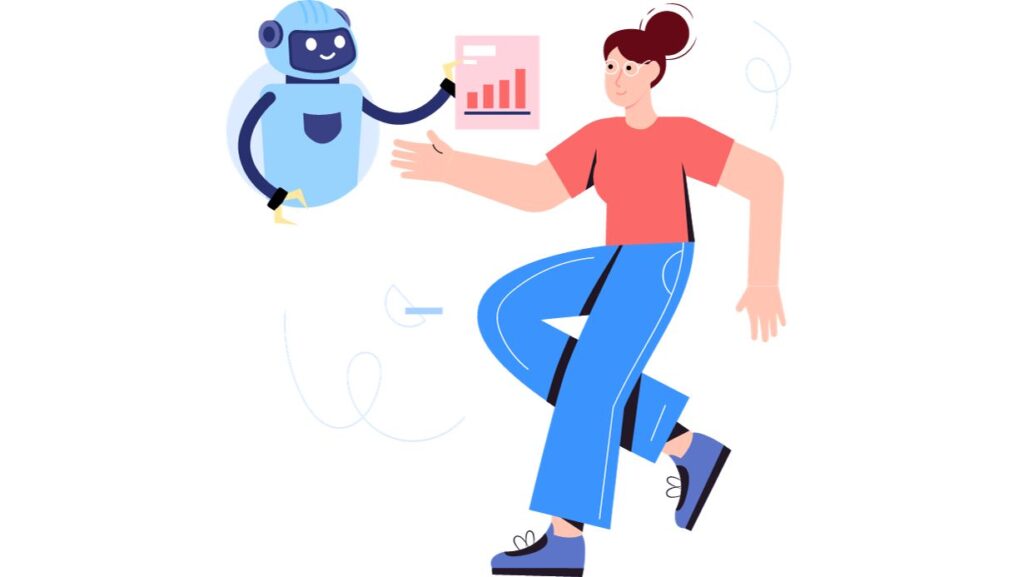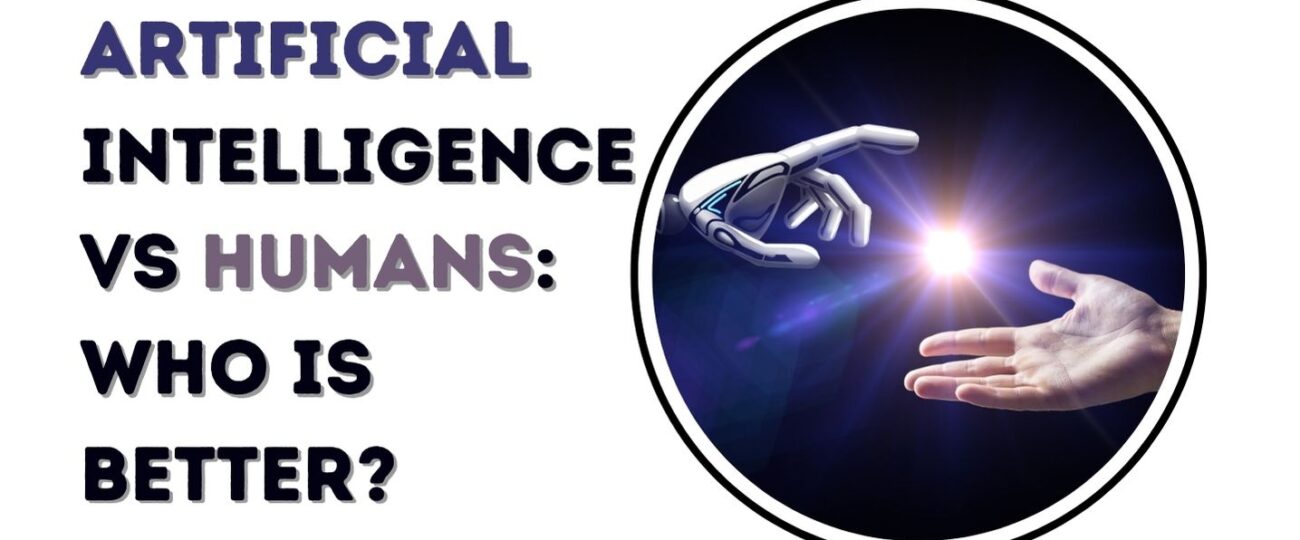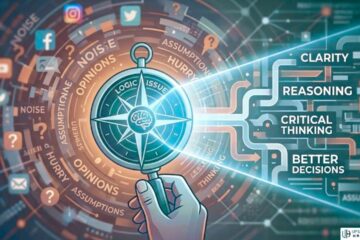Artificial Intelligence VS Humans: Who Is Better?
Ah, the age-old question: who’s better, Artificial Intelligence vs Humans? It’s a fascinating topic, and let me tell you, AI has certainly shown its prowess in various fields. Just take a look at Jeopardy, StarCraft, and Chess – AI has outperformed humans in these games. Impressive, right?
But let’s not forget that AI’s capabilities go beyond gaming. It’s now stepping into the big leagues, competing with humans in the military, medical, and transportation sectors. It’s a whole new ballgame!
While AI has shown incredible advancements, there are still areas where humans excel. Our emotional intelligence, creativity, and critical thinking are qualities that AI struggles to replicate. We bring a unique perspective and adaptability to complex situations that AI may find challenging.
So, who’s better? Well, it’s not a competition. It’s an opportunity for us to explore the potential of AI while cherishing the qualities that make us uniquely human. Let’s embrace this ever-evolving relationship and see where it takes us!
Can Artificial Intelligence (AI) Replace Humans?
The question of whether AI can replace humans is a complex one. While AI offers numerous advantages, such as handling tedious or risky tasks, working 24/7 without the need for rest, and processing vast amounts of data quickly and accurately, it’s important to recognize that there are limitations to AI. Humans possess unique qualities like emotional intelligence, creativity, and adaptability that AI cannot replicate. Additionally, the human touch is often essential in areas that require empathy and critical thinking. While AI may excel in certain areas, it’s crucial to strike a balance and leverage the strengths of both AI and humans to achieve the best outcomes.
Artificial Intelligence (AI) Defeats Humans On Numerous Occasions

In fact, we’ve seen AI compete with humans and win on numerous occasions.
- In 2011, IBM’s AI-driven computer system named Watson competed against jeopardy greats such as Brad Rutter and Ken Jennings. It won first place in the tournament and 1 million dollars.
- Another IBM Supercomputer Deep Blue went up against chess champion Gary Kasparov twice. The first match was played in 1996 and was won by Kasparov. But one year later Deep Blue won. The 1997 match marked the first defeat of a reigning World Chest champion by a computer under tournament conditions.
- Google’s AlphaGo, an AI computer program, defeated the reigning three-time European Go champion, Mr. Fan Hui in October 2015 with a score of five to zero.
- In March 2016, it beat Lee Sedol in a five-game match.
- At the 2017 Future of Go Summit, the Master version of AlphaGo beat Ke Jie, the number-one ranked player in the world at the time.
- Google Deep Minds Alpha Star AI also beat Humans in the science fiction video game StarCraft 2. It placed within the top 0.15 percent of Europe’s 90,000 players. Amassing 61 wins out of 90 games.
- In a somewhat more high-stakes situation, an AI pilot won five consecutive rounds of simulated dogfight against a real Air Force pilot flying an F-16 Viper fighter jet in 2020. The fight was part of wider AI research by the Defense Advanced Research Projects Agency. The project began in 2019. It is part of the larger Air Combat Evolution Program. Darpa’s ultimate plan is to integrate AI and machine learning in unmanned drones, to work alongside Man fighter jets.
AI’s remarkable achievements surpass human performance in various domains, raising ethical considerations as its capabilities continue to advance.
Limitation of Artificial Intelligence (AI)
Limitations of Artificial Intelligence (AI):
- Data Dependence: AI’s accuracy and performance heavily rely on the quality and quantity of data it is trained on. Inadequate or biased data can lead to inaccurate or flawed AI outcomes.
- Lack of Emotional Intelligence: AI lacks the ability to experience human emotions, such as empathy, compassion, and fear. It cannot fully understand or navigate complex social situations.
- Limited Creativity: While AI can mimic certain artistic expressions, true creativity requires human input and imagination. AI-generated content is ultimately derived from human-created works.
- Occasional Failures: AI systems are not infallible. There have been instances where AI, such as IBM’s Watson, has made erroneous recommendations or exhibited biases, highlighting the need for continuous improvement and accountability.
It is essential to recognize these limitations as AI advances and to address ethical considerations to ensure the responsible and effective use of this technology.
Conclusion
In conclusion, while Artificial Intelligence (AI) has achieved remarkable feats, it is essential to recognize its limitations. AI’s dependence on data quality, lack of emotional intelligence, limited creativity, and occasional failures highlight the need for careful consideration and ethical implementation. By understanding both the achievements and limitations of AI, we can harness its potential responsibly for the betterment of society.
See Also: 15 Emerging Technologies That Will Change Our World










